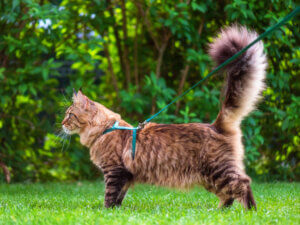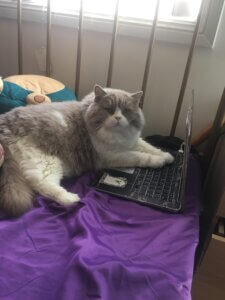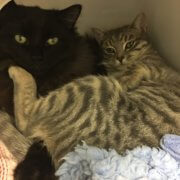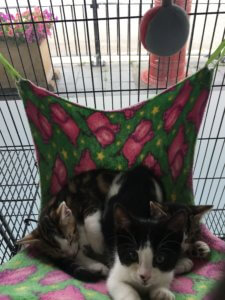At Summer Hill Village Vet we are constantly monitoring the Covid-19 situation with respect to our pets and to keep you accurately informed.
Our information is primarily sourced from:
- World Health Organisation,
- Australian Government Department of Health,
- NSW Veterinary Practitioners Board and
- Australian Veterinary Association.
To date there have been NO CASES of transmission of virus from animals to humans.
WHO reports that the primary source of SARS-COV-2 transmission remains human-to-human contact.
This does not mean however that the virus cannot be found living on animals.
There have been a few cases of humans transmitting the virus to an animal: it has been reported in a dog, in cats, in ferrets and even a tiger!
What does that mean for us as pet owners?
It means we need take some common-sense precautions which we have summarised below:
-
Keep your pets in your “isolation bubble” to prevent other people from transferring the virus on to their bodies.
Avoid letting other people pat your dog in public.
We want to prevent your pets from acting the same as any other surface you might touch in public.
Don’t panic if someone does touch your dog for some reason…you can always just give them a bath (soap kills coronavirus).
You will see us maintaining the integrity of your “bubble” in the clinic by using masks, hand washing, alcohol based hand rubs and sometimes gloves.
-
Contact your vet if you are diagnosed with coronavirus and we will advise you on the current recommendations for your pet.
At this point we would advise you to keep your pet isolated in your home, and minimise close contact (such as smooching with your face, etc).
We recommend good hand hygiene before and after handling your pet and their food/water bowls.
If there are non-infected members of the household it would be better if they looked after the pet.
We would also advise you to make a care plan for your pet in the unfortunate event that you are hospitalised.
Please feel free to call us with any questions or concerns you may have.
If you have a specific situation you would like to discuss please reach out by calling
02 9797 2555 or email us contact@summerhillvillagevet.com.
We are happy to provide more detailed information on any topic if needed.
Emergency boarding is available for cats if required.
We have protocols and procedures in place for dealing with folks who are self-isolating because they are at risk, as well as for folks who are unfortunate enough to become infected with coronavirus.
Always call us first and we will advise on best way forward to treat your pet under your individual circumstances.

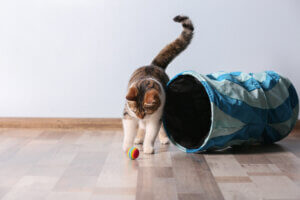 Play time:
Play time: